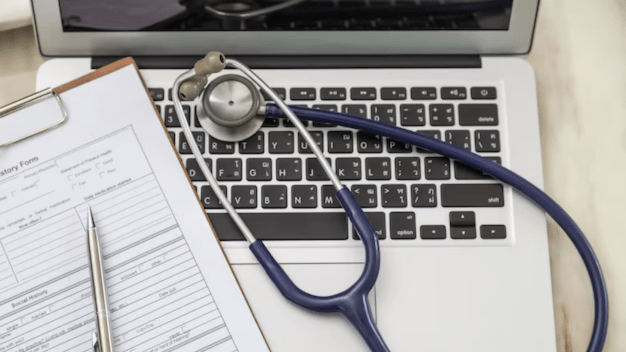In the healthcare industry, handling patient information is a sensitive and critical responsibility. The Health Insurance Portability and Accountability Act (HIPAA) was enacted to safeguard patient data, ensuring privacy and security while enabling efficient healthcare operations. Compliance with HIPAA is especially essential in medical billing, where handling personal health information (PHI) is integral. This article explores the importance of HIPAA compliance in medical billing, key compliance areas, and strategies to maintain security and privacy.
Understanding HIPAA and Its Importance in Medical Billing
HIPAA, enacted in 1996, transformed how healthcare providers and related entities manage patient data. The act provides a regulatory framework to ensure that sensitive patient data remains confidential and secure. Medical billing professionals handle vast amounts of PHI, from diagnoses and treatment codes to insurance and payment details. Ensuring HIPAA compliance in medical billing is vital for maintaining patient trust, avoiding legal penalties, and preventing potential data breaches.

Key Components of HIPAA Compliance in Medical Billing
Compliance with HIPAA requires strict adherence to several rules and safeguards. The primary regulations include the Privacy Rule, Security Rule, Breach Notification Rule, and Omnibus Rule. Here are the essential HIPAA compliance components that medical billing professionals should focus on:
- Privacy Rule
The HIPAA Privacy Rule establishes guidelines on how PHI can be used and disclosed. For medical billing, this means that any sharing of patient information, whether internally or with third-party payers, should be strictly necessary and only involve the minimum data required to complete the billing process. - Security Rule
HIPAA’s Security Rule mandates safeguards to protect electronic PHI (ePHI) from unauthorized access. Billing systems must implement robust technical, physical, and administrative safeguards to ensure data security. This includes encrypted communications, secure access controls, and regular system audits. - Breach Notification Rule
In case of a data breach involving PHI, the Breach Notification Rule requires healthcare organizations to notify affected individuals, the Secretary of Health and Human Services (HHS), and sometimes the media. For billing entities, it is crucial to have protocols in place for quickly identifying, mitigating, and reporting breaches. - Omnibus Rule
The Omnibus Rule extends HIPAA compliance requirements to business associates of healthcare providers, such as third-party billing companies. Medical billing services, therefore, must adhere to HIPAA guidelines and sign Business Associate Agreements (BAAs) to confirm their commitment to protecting PHI.

Strategies for Achieving HIPAA Compliance in Medical Billing
Achieving HIPAA compliance is an ongoing process that requires attention to detail, regular updates to policies, and continuous employee engagement. Here are some key strategies:
- Conduct Regular HIPAA Audits
Periodic audits help identify vulnerabilities in your billing systems and practices. Assess data security, access protocols, and record-keeping to ensure compliance with HIPAA standards. - Implement Secure Billing Software
Invest in billing software designed with HIPAA compliance in mind. This includes data encryption, role-based access controls, and audit trails that track any interaction with PHI. Using secure software reduces the risk of unauthorized access or data breaches. - Provide Comprehensive Staff Training
All billing staff should be trained in HIPAA policies and the importance of confidentiality. Emphasize the correct handling of patient data, the consequences of HIPAA violations, and methods for securely managing information. - Limit Access to Sensitive Information
Only authorize employees who need access to PHI for their job roles. Implement role-based access controls and regularly review permissions to ensure they align with job responsibilities. - Use Encrypted Communication Channels
When transmitting PHI electronically, use secure, encrypted channels to prevent unauthorized access. Whether sharing data with insurers or other healthcare providers, encryption helps protect sensitive information in transit. - Develop an Incident Response Plan
In the event of a data breach, an incident response plan enables quick action to minimize potential harm. This should include steps for identifying the breach, notifying affected parties, and conducting a root-cause analysis to prevent recurrence.

Benefits of HIPAA Compliance in Medical Billing
Complying with HIPAA offers numerous benefits in terms of security and reputation. Some of the main advantages include:
- Enhanced Patient Trust: Patients feel more comfortable knowing that their sensitive information is protected.
- Reduced Legal Risks: HIPAA violations can result in substantial penalties. Compliance helps avoid costly legal repercussions.
- Improved Data Security: HIPAA mandates encourage robust data security practices, reducing the likelihood of breaches.
- Operational Efficiency: Proper HIPAA training and secure systems make the billing process smoother and more efficient, saving time and resources.
